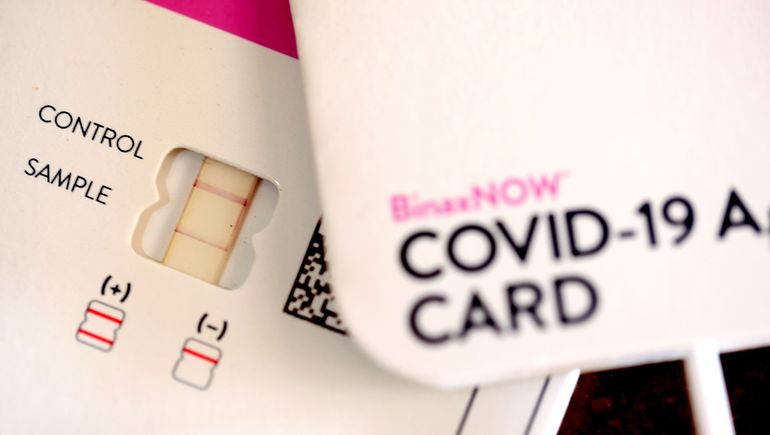Dive Brief:
- The U.S. International Trade Commission (USITC) has published a 500-page report on the effect of an intellectual property agreement on COVID-19 diagnostics and therapeutics.
- Last year, the World Trade Organization set rules on compulsory licensing of COVID-19 vaccines, a practice that could allow governments to bypass intellectual property and enable the legal sale of copies of patented products.
- The USITC report considers the implications of extending the compulsory licensing decision to COVID-19 diagnostics, presenting conflicting testimony from the medtech industry and advocacy groups about the impact of the action.
Dive Insight:
U.S. Trade Representative Katherine Tai asked the USITC in December to prepare a report on the effect of the Agreement on Trade-Related Aspects of Intellectual Property Rights on the availability of diagnostics and therapeutics.
Ashley Miller, AdvaMed’s executive vice president of global strategy and analysis, is quoted in a section of the report about extending compulsory patent licensing from COVID-19 vaccines to diagnostics. According to Miller, the extension could be complicated because many COVID-19 tests run on platform technologies that are also used to detect other pathogens. As such, an extension could result in “U.S. companies losing IP protections for many diagnostics where COVID-19-related uses are a small share of applications,” Miller said.
In a separate statement about the report, Miller said it “contains and reinforces many of AdvaMed’s objections to limiting IP protection for COVID-19 products. As we did throughout the pandemic, AdvaMed and our members will continue to work with the U.S. Government, other governments, and multilateral organizations to address impediments to patient access to diagnostics, including those reflected in the report.”
USITC also quotes several people who rebutted Miller’s claims. Sanya Reid Smith of the non-governmental organization Social Watch said any definitions would be “heavily negotiated” and cited HIV/AIDS as an example of how compulsory licensing could work in practice. Brook Baker of Health GAP, an organization advocating for access to HIV treatment, testified that “field-of-use restrictions” would limit the compulsory licenses to uses for COVID-19.

